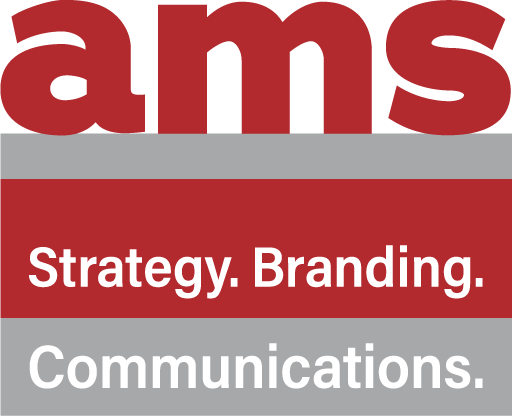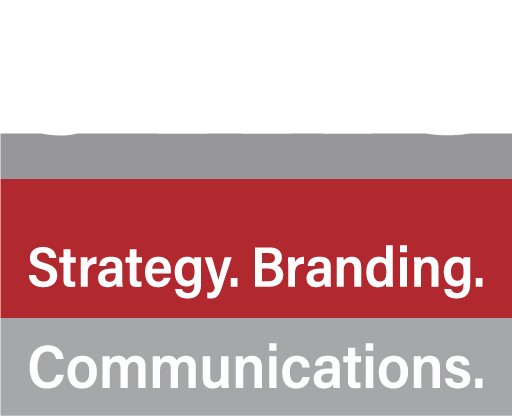7 Surefire Strategies to Help You Stand Out from the Competition
Stella Morrison, Business.com Contributing Writer.
As a business owner, you need to know how to differentiate yourself from your competitors. Business differentiation is what gives your brand the upper hand; it’s how you distinguish yourself from your rivals in a way that piques interest and keeps customers happy. It’s essential to know how to differentiate yourself from your competitors so that your brand stands out in a positive way from all the rest. If you find a way to distinguish your business from a similar one, you’re already on track for success.
Why is product differentiation important?
Consumers have many options in nearly every sector for purchasing decisions, including restaurants, furniture and electronics. What makes them choose one brand over another? This is where product differentiation comes into play. These are three ways that product differentiation is important:
- It helps you gain a competitive advantage. It’s only natural that customers compare your product to similar ones on the market. Be prepared for these comparisons by knowing what makes your product or service special.
- It helps you build brand awareness. All parts of your brand identity can be used to help build brand awareness, including your logo, brand storytelling, your company mission and the unique value of your product.
- It helps you build a relationship with your target audience. Consider your ideal customer when creating a strategy to discern your product. What features do they need and want? How much will they pay? How do they make purchasing decisions? Knowing your audience can help you shape how you separate your product from others in the market.
Bottom line: Product differentiation is vital for your unique brand identity and awareness, giving you a competitive advantage in the market.
Types of product differentiation
There are three types of product differentiation: vertical differentiation, horizontal differentiation and mix differentiation. Here is a bit about each:
| Vertical differentiation | Customers rank their options based on an objective factor, such as feature availability, price or quality. These lists are often sorted from best to worst, or vice versa. |
| Horizontal differentiation | Customers sort their options based on a subjective factor, such as personal viewpoint or tastes. Choosing a product based on available color or flavor is an example of horizontal differentiation. |
| Mixed differentiation | This combines objective and subjective factors. This differentiation type means that consumers are evaluating pricing and features with their own wants and needs. For example, buying a computer involves a mix of vertical and horizontal differentiation. A customer will take objective factors, like price and necessary features; and subjective factors, like the color of the computer, into account. |
How to differentiate your products
These are a few key ways to stand out among your competitors:
1. Offer unbeatable customer service.
Research from Microsoft shows that nearly 60% of consumers won’t hesitate to switch brands when customer service doesn’t live up to their expectations. So, if you think you can cut corners with customer service spending, think again. Allocate more budget for customer service as you continue to grow. This helps you stand out from the crowd by placing the focus of your company on having the best customer service possible. As time goes on, the correlation between customer service and your business’s success will only grow stronger.
Also, take customer feedback seriously. Treat each customer like their experience is unique, and act like they’re your most important buyer. If you make it easier for your customers to do business with, you stand a foot taller than your competition.
Research has shown that consumers are willing to spend more on a company if it means a better service experience, so why wouldn’t you want to make your business more consumer based?
You can check social media to see what people like and dislike about your brand. Apply what you learn from those comments and feedback to improve your product or service, creating a more positive overall experience. Social media has a significant impact on how businesses fare. A couple of bad reviews could mean significantly less revenue, so pay attention to any online chatter. It may also be a good idea to publicly offer this person a discount or coupon for a chance for a better experience next time.
2. Lean into your niche.
There’s no possible way you’ll be able to appeal to every single person out there. Everyone has different interests, needs and reasons that drive them to buy. It’s not cost-effective to be so general in your approach that people are confused about your message.
Instead, you should “niche down.” Be the expert in a sea of generics.
Your niche market allows you to market how your brand is different – and better – than your competitors. Do more for your customers than they expect from you. Go above and beyond to ensure their needs are met.
To do this, identify what your customers need from you and what matters most to them. This may be how quickly an issue gets resolved, a flexible return and exchange policy, or friendly engagement with employees – knowing these things will improve your ROI and get you positive reviews. The more emphasis you put on what you excel at, the happier your customers will be.
3. Add a personal touch.
Creating an emotional connection through your brand is critical to stand out. For every happy consumer, nine referrals come out of it. That’s a lot of extra business.
It’s even better if you put extra focus on making your existing customers happy. It’s 14 times more likely that you’ll sell to an existing customer than a new one. They already have experience with your products and trust you as a brand, so it’s easier to convince them to buy again. This emphasizes the importance of building a relationship with longtime customers, because they can easily make up the bulk of your profits.
You can do this by making their buying experience more straightforward, knowing what they need and are looking for, and making your brand’s message catered to them. Personalizing any aspect of your business is a step in the right direction to give your patrons what they want.
There are many ways you can choose to be different from others in the business world. These seven tips should help you get started on a few things that really matter: your customers’ experiences, how you brand yourself and personalization. If you go the extra mile to ensure your consumers are happy, it’ll do your business good.
4. Use price as a distinguishing factor.
Using price to distinguish yourself doesn’t always mean offering the lowest price. Today’s market allows for all sorts of pricing models, including freemium and subscribe-and-save.
Tip: Your prices should be competitive, but a race to the bottom doesn’t benefit anyone. You may even consider higher prices in exchange for offering a higher quality product than your competition.
5. Give your customers options to customize your products.
According to the Deloitte Consumer Review, one-third of purchasers seek out custom products. They are willing to pay 20% more for them, and in many cases there’s a minimal increase in production costs with any customization. Allowing your customers to personalize your product can be the deciding factor for them to go with your company over the competition.
6. Be socially responsible.
A CGS study reported that nearly 50% of consumers were willing to pay more for socially responsible products. Social responsibility can take many forms, including donations to charity, sustainable manufacturing, community programs, and fair benefits and wages for your employees. It shows that you are concerned about people instead of just the bottom line, and patrons want to purchase from companies they feel good about.
7. Use speed to your advantage.
It gives you an advantage if you can deliver faster than your competition. Particularly with online shopping, speed is often the deciding factor. Customers want their products quickly, and they will choose the company that can deli8iver.
Contact the AMS team today to learn how we can help you differentiate your products and services!


